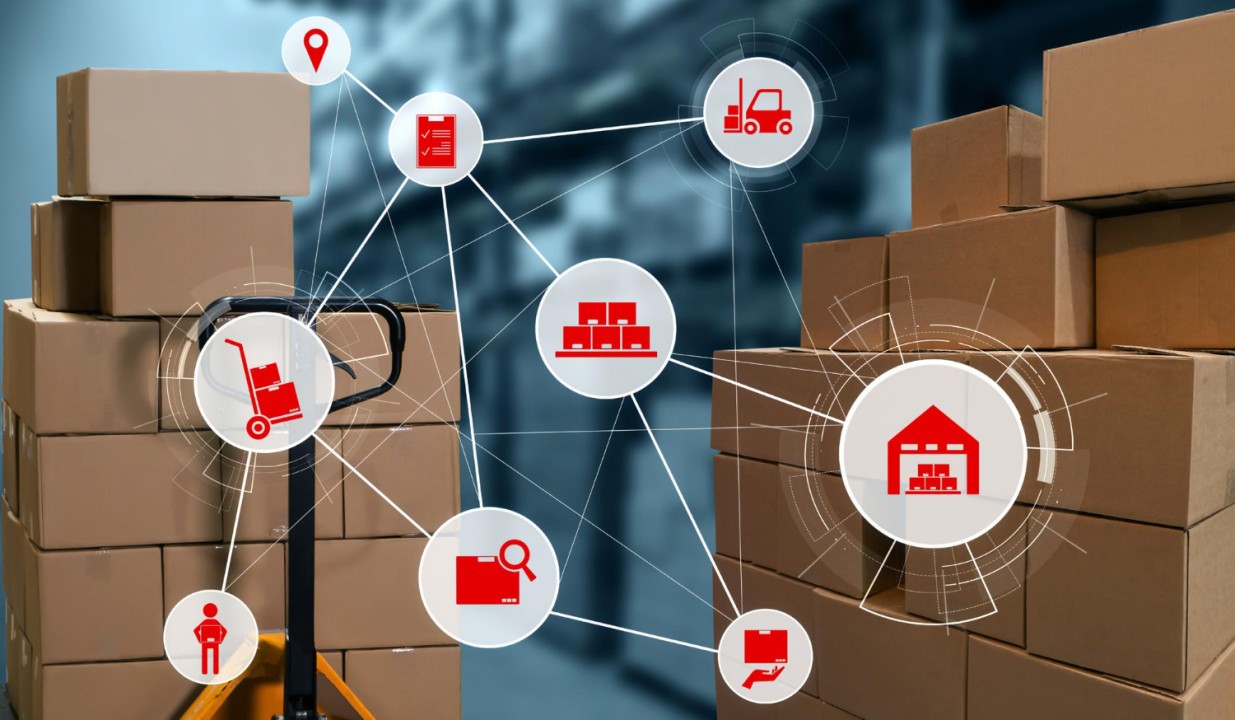
E-commerce and its Impact on Logistics
In recent years, the landscape of commerce has undergone a revolutionary transformation with the rise of e-commerce. The seamless integration of technology, widespread internet access, and changing consumer preferences have propelled online shopping to unprecedented heights. This surge in e-commerce has not only reshaped the way we buy and sell goods but has also significantly impacted the logistics industry.

The Growth of E-commerce:
E-commerce has witnessed an exponential growth curve, becoming an integral part of the global economy. Online platforms offer consumers the convenience of shopping from the comfort of their homes, widening the reach of businesses to a global scale. This evolution, however, comes with its own set of challenges, particularly in the realm of logistics.
Challenges in Traditional Logistics:
Traditional logistics models were not initially designed to handle the dynamic and often unpredictable nature of e-commerce. The shift from bulk shipments to individual packages, coupled with the demand for faster delivery times, has forced logistics providers to adapt rapidly. Warehousing, transportation, and last-mile delivery have all become critical aspects that require innovative solutions to meet the growing expectations of online consumers.
Technological Innovations in Logistics:
To address the challenges posed by e-commerce, the logistics industry has embraced technological innovations. Automation, artificial intelligence, and data analytics have become key players in streamlining processes, optimizing routes, and enhancing overall efficiency. Warehouses are now equipped with smart systems that can manage inventory, track shipments in real-time, and even automate order picking.
The Role of Big Data and Analytics:
Big data and analytics have emerged as crucial tools in predicting consumer behavior, optimizing supply chain operations, and minimizing inefficiencies. Logistics companies now harness data to gain insights into demand patterns, allowing them to anticipate fluctuations and adjust their operations accordingly. This data-driven approach enhances the overall agility and responsiveness of the supply chain.

Last-Mile Delivery Challenges:
Last-mile delivery, the final leg of the shipping process, poses unique challenges in the e-commerce era. Meeting customer expectations for swift and cost-effective delivery requires innovative solutions such as drone deliveries, autonomous vehicles, and the utilization of local distribution centers. These advancements aim to reduce delivery times and costs, enhancing the overall customer experience.
Environmental Concerns:
The surge in e-commerce has brought about increased concerns regarding its environmental impact. The logistics industry is now under pressure to develop sustainable practices. Companies are exploring eco-friendly packaging, optimizing transportation routes to reduce emissions, and investing in green technologies to minimize their carbon footprint.

E-commerce has undeniably reshaped the retail landscape, offering unprecedented convenience to consumers. However, this transformation has also presented a myriad of challenges for the logistics industry. As e-commerce continues to evolve, the collaboration between technology and logistics will be crucial in finding sustainable solutions. The future of logistics lies in innovation, adaptability, and a commitment to meeting the demands of an ever-changing market. Balancing the convenience of e-commerce with efficient and sustainable logistics will be the key to unlocking the full potential of this digital retail revolution.

